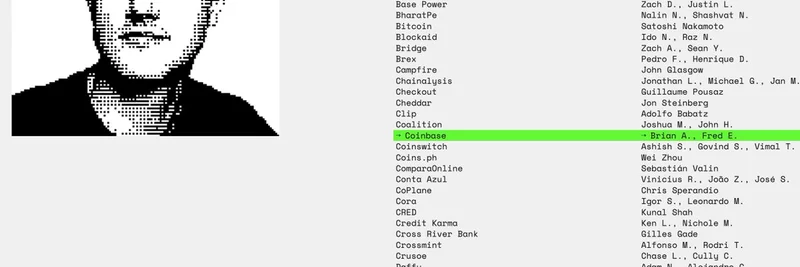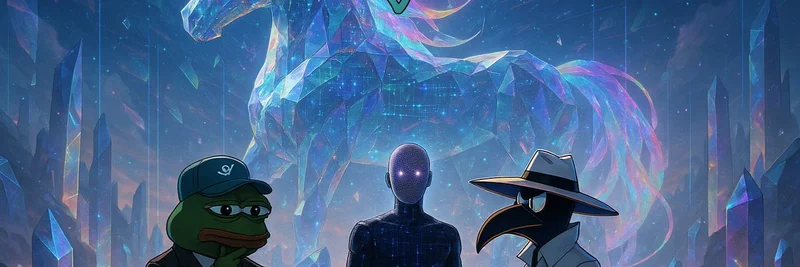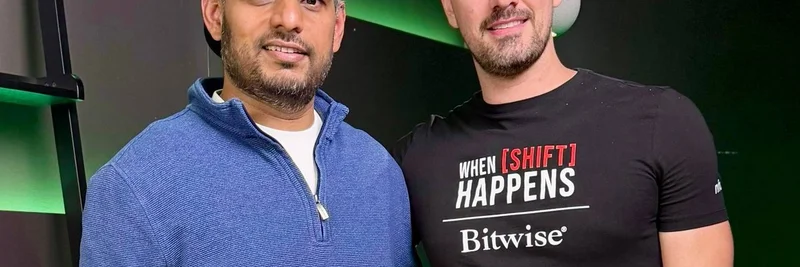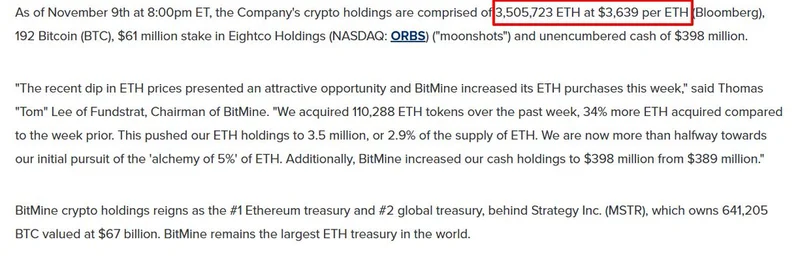<>
Hey there, crypto enthusiasts and blockchain curious! If you’ve been scrolling through X lately, you might have stumbled upon a thought-provoking post by wassielawyer that’s got people talking. The tweet, posted on August 8, 2025, at 08:29 UTC, argues that treating a token as a share is a massive underestimate of what a solid on-chain project can do. Instead, the poster suggests we should see tokens more like a currency, capable of rewriting the social contract and uniting global communities. Let’s dive into this idea and unpack what it means for the future of blockchain!
Tokens: More Than Just Shares
First off, let’s clarify what we mean by "tokens." Unlike traditional shares in a company, which represent ownership and a stake in its profits, tokens in the blockchain world are digital assets. According to Coinbase, tokens can function as cryptocurrencies or power decentralized applications (think DeFi or NFTs). They’re not just about owning a piece of a business—they can serve as a medium of exchange, a governance tool, or even a way to access a network.
Wassielawyer’s point is spot-on: calling a token a "share" limits its potential. Shares are tied to a centralized entity—a company with a board and shareholders. Tokens, on the other hand, thrive in decentralized ecosystems where communities, not CEOs, hold the reins. This shift is a game-changer, and it’s why the comparison feels so off.
Rewriting the Social Contract
So, how do tokens rewrite the social contract? The social contract is that unwritten agreement between a government and its people—think taxes for services like roads or healthcare. Blockchain introduces a "smart social contract" through on-chain governance, where token holders vote on project changes directly on the blockchain. This decentralization cuts out middlemen and empowers global communities to collaborate in ways traditional systems can’t.
Imagine a world where a token isn’t just a financial asset but a vote in a global decision-making process. Projects like Tezos, which uses a self-amending ledger, show how this works in practice. Token holders propose and vote on upgrades, making the system evolve with community input. That’s a far cry from buying a share and hoping the company’s CEO makes the right call!
Currency, Not Shares: The Big Picture
Viewing tokens as currency opens up a whole new perspective. Currencies facilitate trade and coordination across borders, and that’s exactly what successful on-chain projects aim to do. Take meme tokens, for instance—while some are just for fun, others, like those tracked on meme-insider.com, build vibrant communities with their own economies. These tokens aren’t about owning a slice of a company; they’re about creating a shared value system that transcends geography.
The thread on X got a bit wild with replies—raccoons in suits and chair-throwing GIFs aside—but it also sparked some agreement. Users like tomas_sun11 and FooForFun chimed in with simple "True" and "Yes," showing this idea resonates. Even the mention of Web4 by JulianahOg50 hints at an evolving internet where tokens could play an even bigger role.
Why This Matters for Blockchain Practitioners
If you’re a blockchain practitioner, this shift in perspective is huge. Treating tokens as shares might lead you to focus on traditional investment models, but seeing them as currency encourages you to think about community building, governance, and global coordination. It’s less about profit margins and more about creating ecosystems where people collaborate. Check out meme-insider.com for the latest on meme tokens and how they’re pushing these boundaries!
Final Thoughts
Wassielawyer’s tweet is a reminder that blockchain isn’t just a tech trend—it’s a movement to rethink how we connect and govern. By treating tokens as currency rather than shares, we unlock their potential to foster global communities and rewrite the social contract. So next time you hold a token, ask yourself: Is this just an investment, or part of something bigger? The future of blockchain might just depend on how we answer that question.
What do you think? Drop your thoughts in the comments, and let’s keep the conversation going!
</>




